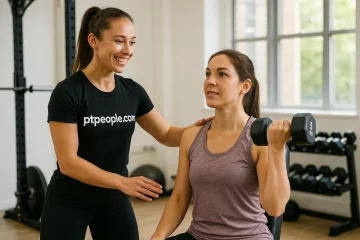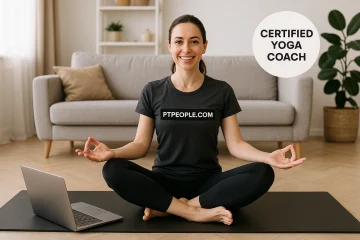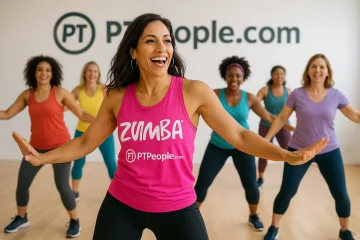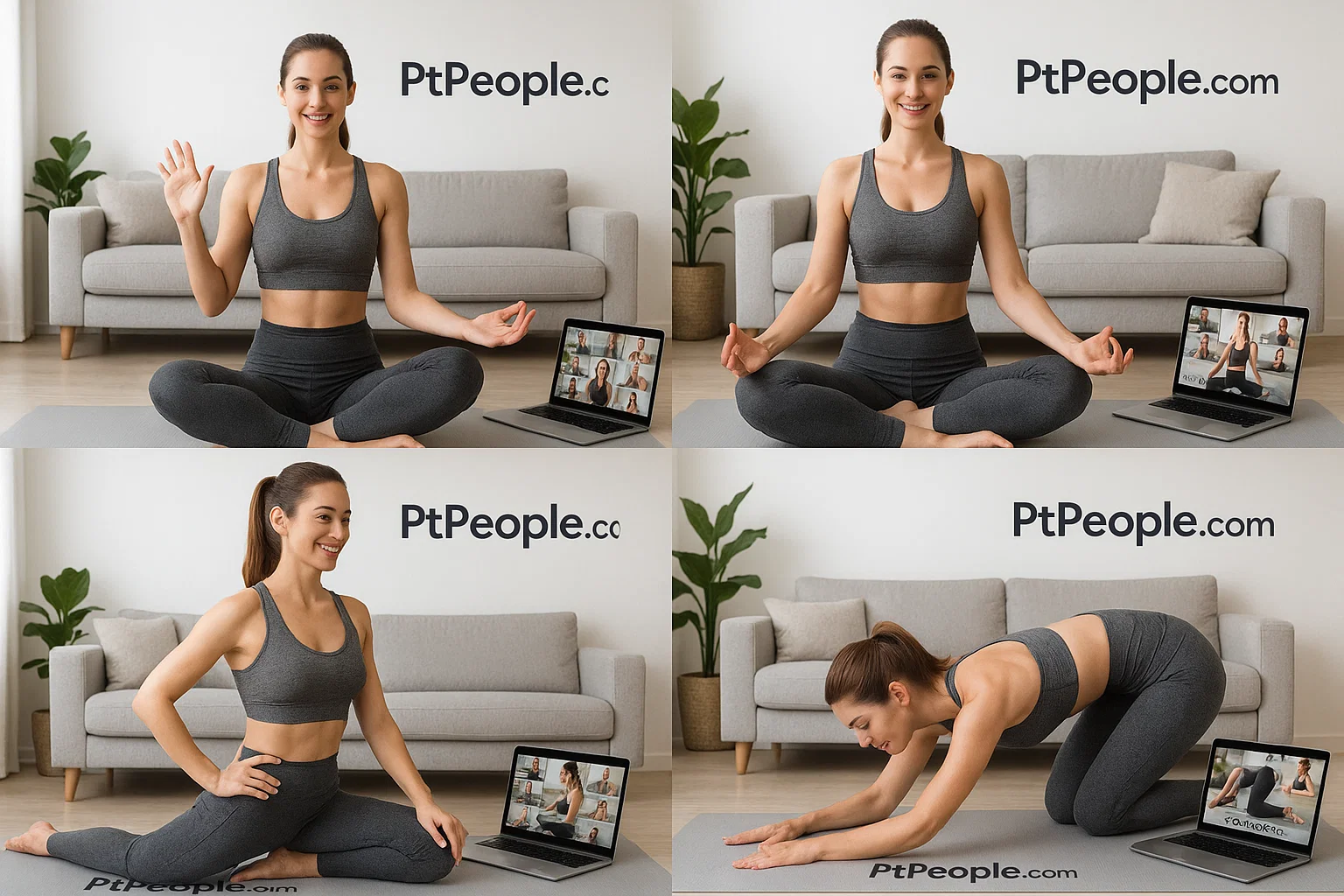
What Is a Yoga Instructor and What Do They Do?
In 2025, the role of a yoga instructor has evolved beyond leading group classes. Whether you’re searching for a personal yoga trainer at home or exploring a career path in wellness, understanding what yoga instructors actually do — and how to become one — is vital. This guide answers every key question freelance yoga teachers and aspiring trainers are asking today, especially in cities like London, Tokyo, Dubai, Toronto, and beyond.
What Is a Yoga Instructor?
A yoga instructor is a certified professional who teaches individuals or groups various styles of yoga, breathing techniques (pranayama), and mindfulness practices. Unlike casual fitness instructors, yoga teachers often embody a holistic lifestyle that includes anatomy, philosophy, and mental wellbeing.
They may work independently, in wellness studios, gyms, online, or at clients’ homes. Increasingly, demand is growing for freelance yoga instructors who specialise in mobile or remote sessions.
What Does a Yoga Instructor Actually Do?
Yoga instructors do far more than lead stretches. Core duties include:
- Designing class flows for different levels (beginner to advanced)
- Providing hands-on or verbal adjustments
- Guiding breathing techniques and meditation
- Educating clients on posture, flexibility, and stress reduction
- Modifying poses for injuries or chronic conditions
- Creating an inclusive, safe practice space
Many instructors also handle marketing, scheduling, and client retention — especially freelancers.
How Much Do Yoga Instructors Earn?
Salaries vary by region, experience, and niche. Here’s a global snapshot:
- London: £25–£60/hour
- Dubai: AED 150–400/hour
- New York: $50–$120/hour
- Tokyo: ¥3,500–¥9,000/hour
- Toronto: CAD 40–85/hour
In the UAE, the average salary of a yoga instructor is around AED 9,000/month, but high-end freelancers can earn significantly more — especially those offering personal sessions. (Source: GulfTalent)
More stats: What’s the Average Personal Trainer Salary by Country?
What Qualifications Do You Need to Become a Yoga Instructor?
Most start with a 200-hour yoga teacher training course (YTT) accredited by Yoga Alliance or a recognised national body.
- Course Length: 3 to 12 months
- Options: Online, in-person, or hybrid
- Cost: $1,000 – $4,000 USD
Some teachers advance with 300-hr or 500-hr certifications and add-ons like prenatal yoga, yoga therapy, or Ayurveda basics.
More reading: Global Certification & Licensing Requirements
What’s the Difference Between a Yoga Teacher and a Yoga Instructor?
Often used interchangeably. Technically:
- Instructor = Focus on structured teaching, often in gyms
- Teacher = Implies deeper philosophy, traditional training
In Sanskrit, yoga practitioners are called yogis (male) and yoginis (female).
What Are the Disadvantages of Being a Yoga Instructor?
- While rewarding, challenges include:
- Income inconsistency (especially for freelancers)
- Physical strain from over-teaching
- Emotional burnout from holding space
- Cost of ongoing education and insurance
That said, with proper business strategies — such as those outlined on PTpeople’s business blog — many overcome these hurdles.
What Are the Career Options for Yoga Instructors?
- Private yoga coach (at home or virtual)
- Corporate wellness programs
- Studio ownership
- Retreat leader
- Online yoga course creator
Increasingly, yoga is merging with PT services in global cities. Explore the Personal Training Career Paths to understand hybrid roles.
Is Yoga Teaching in High Demand Globally?
Yes — especially in urban centres. According to a report in the International Journal of Yoga, yoga participation has increased by 20% year-on-year in cities like Berlin, London, Birmingham, Dubai, New York, Paris, and Seoul.
Post-pandemic, online yoga exploded. Now, consumers expect hybrid services. Trainers who adapt are thriving.
Which Country Is Best for a Yoga Career?
- India (for study, tradition)
- USA & Canada (income)
- UAE & Singapore (luxury fitness clients)
- Australia & UK (steady freelance demand)
Is It Worth Starting a PT Business in New York?
Can You Make Money Teaching Yoga Full-Time?
Yes — with the right business model:
- Multiple income streams (private, online, workshops)
- High-value clients
- SEO-optimised personal website (like this guide)
- Being listed on directories like PTpeople
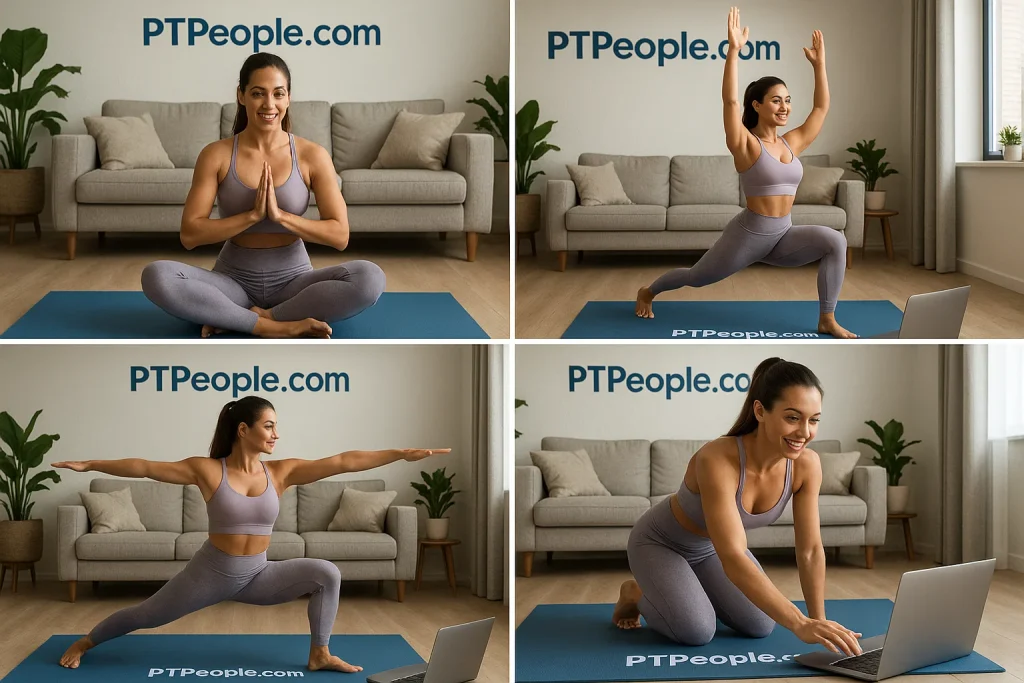
What is a yoga instructor called?
A yoga instructor is commonly referred to as a yoga teacher. In Sanskrit, titles like “Yogi” for men and “Yogini” for women are used. Some traditions use “Acharya” for advanced teachers.
What is the salary of a yoga instructor in UAE?
In the UAE, yoga instructors typically earn AED 8,000–12,000 per month. Freelancers offering private sessions can earn significantly more depending on client volume and session pricing.
How much do yoga instructors earn?
Globally, yoga instructors earn between $25 and $120 per hour. Income depends on location, experience, and whether they offer group classes, private sessions, or online training.
What is a yoga person called?
A yoga practitioner is called a “Yogi” if male and “Yogini” if female. These terms are often used to show respect for someone deeply involved in yoga practice.
Is yoga instructor a good career?
Yes, especially in urban centres and online. Yoga instructors enjoy flexible work, global demand, and the opportunity to blend wellness with business. Freelance trainers often build profitable practices.
What is a female yoga master called?
A female yoga expert is traditionally called a “Yogini.” In some traditions, experienced female instructors may also be called “Acharya.”
What is the highest salary for a yoga teacher?
Top yoga teachers, especially in cities like Dubai or Los Angeles, can earn $100,000–$200,000 annually through private clients, retreats, and online courses.
What are the disadvantages of being a yoga instructor?
Challenges include income inconsistency, physical burnout from multiple classes per day, and the need for continuous self-marketing and education to stay competitive.
Is yoga in high demand?
Yes. Yoga demand surged globally post-COVID and continues to rise, especially in cities like Tokyo, Berlin, and New York. Both in-person and online formats are growing steadily.
Which degree is best for yoga?
No formal degree is mandatory, but qualifications in kinesiology, exercise science, or yoga therapy provide a solid foundation and help boost credibility with clients.



